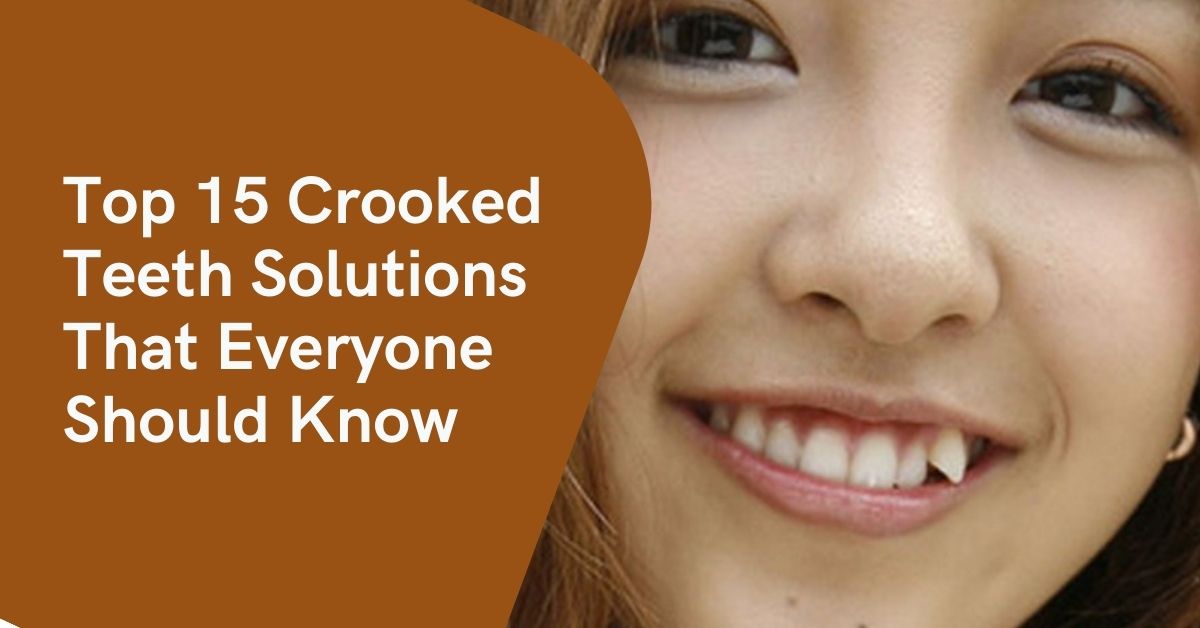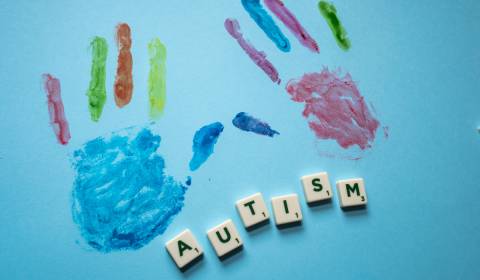Acne, a common skin condition affecting people of all ages, can be a persistent and sometimes frustrating challenge. While acne is often associated with adolescence, it can persist into adulthood, requiring tailored and active treatment approaches. In this guide, we will explore effective strategies for active acne treatment at any age, addressing the diverse factors contributing to acne and offering solutions for clearer, healthier skin.
Understanding Acne at Different Life Stages:
1. Adolescent Acne:
During adolescence, hormonal changes play a significant role in the development of acne. Increased oil production, clogged pores, and the presence of acne-causing bacteria contribute to breakouts. A consistent and active skincare routine is essential to manage adolescent acne.
2. Adult Acne:
Adult acne can manifest due to hormonal fluctuations, stress, lifestyle factors, or genetic predisposition. It often presents as persistent, inflammatory breakouts. Targeted treatments and lifestyle adjustments are crucial for managing adult acne effectively.
3. Hormonal Acne:
Hormonal fluctuations, such as those occurring during the menstrual cycle, pregnancy, or menopause, can trigger acne in individuals of any age. Addressing hormonal imbalances and adopting suitable skincare practices are key components of treating hormonal acne.
Active Acne Treatment Strategies:
1. Cleansing with Care:
A gentle and consistent cleansing routine is the foundation of effective acne treatment. Use a mild, non-comedogenic cleanser to remove excess oil, dirt, and makeup. Avoid harsh scrubbing, as it can irritate the skin and worsen acne.
2. Topical Treatments:
Over-the-counter or prescription topical treatments containing ingredients like benzoyl peroxide, salicylic acid, or retinoids can target acne-causing bacteria, unclog pores, and promote skin renewal. Consult with a dermatologist to determine the most suitable options for your skin type and concerns.
3. Prescription Medications:
For moderate to severe acne, dermatologists may prescribe oral medications such as antibiotics, oral contraceptives, or isotretinoin. These medications address underlying causes of acne and can provide long-term relief, but they should be used under medical supervision due to potential side effects.
4. Professional Treatments:
Dermatological procedures like chemical peels, microdermabrasion, or laser therapy can complement active acne treatment. These procedures help reduce acne scars, unclog pores, and promote smoother skin. Consult with a dermatologist to determine the most suitable professional treatments for your skin condition.
5. Lifestyle Modifications:
Lifestyle factors such as diet, stress, and sleep can influence acne. Adopting a balanced diet rich in fruits, vegetables, and whole grains, managing stress through relaxation techniques, and ensuring adequate sleep can contribute to overall skin health.
6. Consistent Sun Protection:
Sun exposure can exacerbate acne and cause post-inflammatory hyperpigmentation. Use a broad-spectrum sunscreen with at least SPF 30 daily, even on cloudy days. Opt for non-comedogenic formulations to prevent clogged pores.
7. Avoiding Skin Irritants:
Harsh skincare products, fragrances, and certain cosmetics can irritate the skin and worsen acne. Choose non-comedogenic and hypoallergenic products, and patch-test new products to ensure they don’t trigger breakouts.
8. Regular Dermatologist Visits:
Regular visits to a dermatologist are crucial for effective acne management. Dermatologists can assess the skin, adjust treatment plans as needed, and provide guidance on lifestyle changes to support ongoing acne control.
Tailoring Treatment to Your Age and Skin Type:
1. Adolescents:
Focus on establishing a consistent skincare routine, including a gentle cleanser and non-comedogenic moisturizer. Over-the-counter acne treatments containing benzoyl peroxide or salicylic acid can be beneficial. If acne persists, consult with a dermatologist for personalized recommendations.
2. Adults:
Consider lifestyle factors such as stress, diet, and hormonal fluctuations. Incorporate targeted skincare products, including retinoids and products containing niacinamide, to address both acne and signs of aging. Professional treatments may also be beneficial.
3. Hormonal Acne Sufferers:
Explore hormonal balance options, such as oral contraceptives for women or hormone-regulating medications under medical supervision. Additionally, topical treatments and lifestyle adjustments can help manage hormonal acne effectively.
Conclusion:
Active acne treatment at any age involves a multifaceted approach, addressing the unique factors contributing to acne development. Whether you’re navigating adolescent acne, adult breakouts, or hormonal fluctuations, a combination of consistent skincare practices, targeted treatments, lifestyle modifications, and professional guidance can pave the way to clearer and healthier skin. Consult with a dermatologist to create a personalized acne treatment plan that addresses your specific concerns and helps you achieve the radiant, blemish-free complexion you desire.
Understanding Acne at Different Life Stages:
1. Adolescent Acne:
During adolescence, hormonal changes play a significant role in the development of acne. Increased oil production, clogged pores, and the presence of acne-causing bacteria contribute to breakouts. A consistent and active skincare routine is essential to manage adolescent acne.
2. Adult Acne:
Adult acne can manifest due to hormonal fluctuations, stress, lifestyle factors, or genetic predisposition. It often presents as persistent, inflammatory breakouts. Targeted treatments and lifestyle adjustments are crucial for managing adult acne effectively.
3. Hormonal Acne:
Hormonal fluctuations, such as those occurring during the menstrual cycle, pregnancy, or menopause, can trigger acne in individuals of any age. Addressing hormonal imbalances and adopting suitable skincare practices are key components of treating hormonal acne.
Active Acne Treatment Strategies:
1. Cleansing with Care:
A gentle and consistent cleansing routine is the foundation of effective acne treatment. Use a mild, non-comedogenic cleanser to remove excess oil, dirt, and makeup. Avoid harsh scrubbing, as it can irritate the skin and worsen acne.
2. Topical Treatments:
Over-the-counter or prescription topical treatments containing ingredients like benzoyl peroxide, salicylic acid, or retinoids can target acne-causing bacteria, unclog pores, and promote skin renewal. Consult with a dermatologist to determine the most suitable options for your skin type and concerns.
3. Prescription Medications:
For moderate to severe acne, dermatologists may prescribe oral medications such as antibiotics, oral contraceptives, or isotretinoin. These medications address underlying causes of acne and can provide long-term relief, but they should be used under medical supervision due to potential side effects.
4. Professional Treatments:
Dermatological procedures like chemical peels, microdermabrasion, or laser therapy can complement active acne treatment. These procedures help reduce acne scars, unclog pores, and promote smoother skin. Consult with a dermatologist to determine the most suitable professional treatments for your skin condition.
5. Lifestyle Modifications:
Lifestyle factors such as diet, stress, and sleep can influence acne. Adopting a balanced diet rich in fruits, vegetables, and whole grains, managing stress through relaxation techniques, and ensuring adequate sleep can contribute to overall skin health.
6. Consistent Sun Protection:
Sun exposure can exacerbate acne and cause post-inflammatory hyperpigmentation. Use a broad-spectrum sunscreen with at least SPF 30 daily, even on cloudy days. Opt for non-comedogenic formulations to prevent clogged pores.
7. Avoiding Skin Irritants:
Harsh skincare products, fragrances, and certain cosmetics can irritate the skin and worsen acne. Choose non-comedogenic and hypoallergenic products, and patch-test new products to ensure they don’t trigger breakouts.
8. Regular Dermatologist Visits:
Regular visits to a dermatologist are crucial for effective acne management. Dermatologists can assess the skin, adjust treatment plans as needed, and provide guidance on lifestyle changes to support ongoing acne control.
Conclusion:
Active acne treatment at any age involves a multifaceted approach, addressing the unique factors contributing to acne development. Whether you’re navigating adolescent acne, adult breakouts, or hormonal fluctuations, a combination of consistent skincare practices, targeted treatments, lifestyle modifications, and professional guidance can pave the way to clearer and healthier skin. Consult with a dermatologist to create a personalized acne treatment plan that addresses your specific concerns and helps you achieve the radiant, blemish-free complexion you desire.



